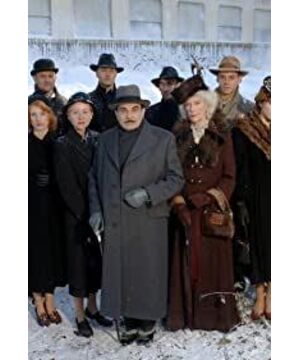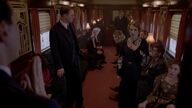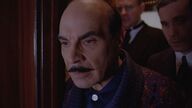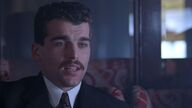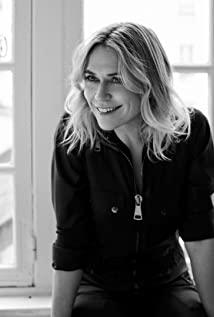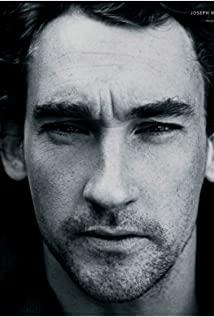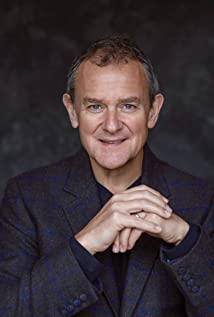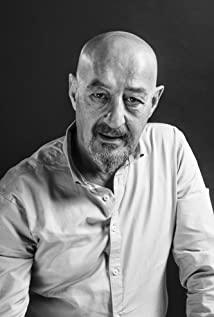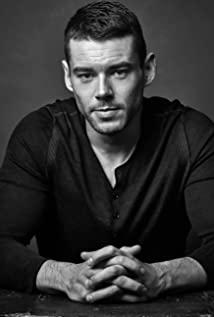The movie I watched immediately after reading the original book, so let’s talk about some of the discrepancies from the original book and then talk about my personal opinion. First of all, the plot of the soldier's suicide and the lynching of his concubine is original to the movie. I personally like this part (I thought it was a pavement for Poirot's character and feelings). The second is that the movie is not as organized as the novel, and some clues are missing (such as the red nightgown has no explanation, and the novel is finally found in Poirot's suitcase); even the murderer changes (the doctor becomes One of the murderers and replaced the conductor?); In the original book, the doctor inferred that the death time was from twelve to two o'clock, but in the movie it said it was from twelve to one (this time of death is very important! Because if you die before one o'clock There would be no second true truth that Poirot deduced!). As for the handling of the ending, I don't like it very much. In the original book, Ripoiro also listed two "truths", then turned to ask the director and the doctor, and reached a tacit "happy" ending in a playful way. And the foreshadowing at the beginning of the movie did not pave the way for Poirot's final handling as I thought. On the contrary, Poirot still pursued very "justice" with the attitude of a law enforcer, although he chose the first truth in the end, But it was a little more melancholy. The change in the middle didn't convince me. I felt it was intentional and not clever.
The above is purely personal bias! If in doubt, discuss rationally.
View more about Murder on the Orient Express reviews


